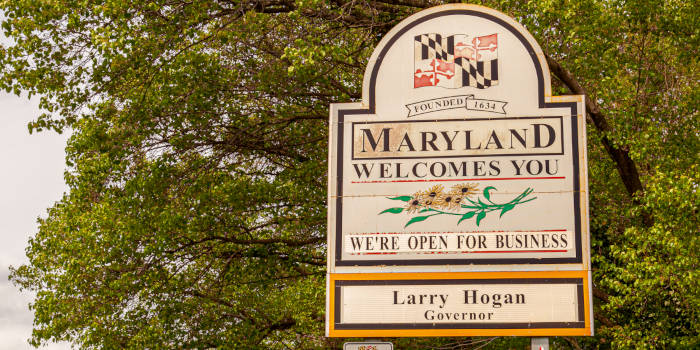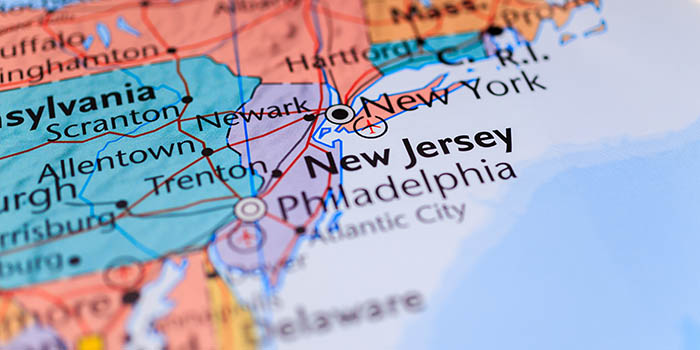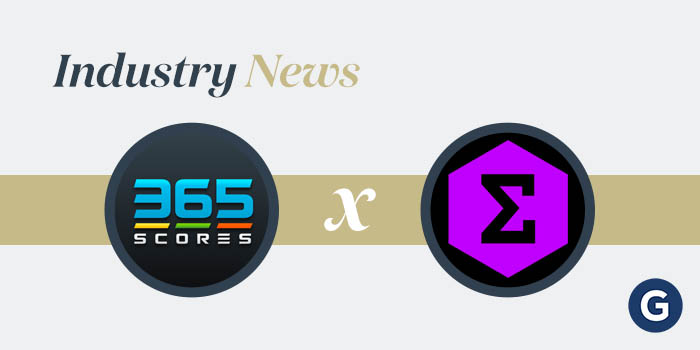Expanded Gambling in Connecticut Just One Signature Away from Launching

Connecticut is about to become the latest state to embrace sports gambling. With an eye on launching its new market before the upcoming football season, the Senate approved legislation late yesterday that will bring sports gambling and iGaming to the state, with only Governor Ned Lamont’s signature and approval by the Department of Interior (DoI) standing in the way. Neither is expected to be an obstacle.
Connecticut Embraces Sports Gambling
Although it took several years to get to this point, Connecticut and its two tribes, the Mohegan and the Mashantucket Pequot, have been able to put aside their differences and create a gaming framework that benefits everyone. That was then included in legislation that was approved by the Connecticut House last week and which was then sent to the Senate for consideration. As of late yesterday, just before midnight, the bill sailed through the chamber on a course for Governor Lamont’s desk. 28 senators approved the legislation, while just eight tried to stop it.
The bill allows Connecticut’s leaders and the tribes to amend their gaming compacts to expand gambling options in the state. Once Lamont signs the bill, it will have to be forwarded to the DoI for its approval, as well. This can often take several months; however, the DoI was able to approve Arizona’s new gaming compacts in about a month, so Connecticut is optimistic a fast turnaround is possible. Once that approval is received, the new gambling framework can be implemented and the state could possibly see its first sportsbooks before the first NFL regular season kickoff in September.
Sports Gambling Offers New Revenue Streams
The new gaming framework being presented in Connecticut includes 15 retail sportsbooks, as well as online gambling. Two of the physical books would be in Hartford and Bridgeport, per regulations, and sports gambling operators can expect to pay a tax rate of 13.75%. For iGaming, operators will pay 18% a year on gross revenue for the first five years, and then 20% a year for the next five. After that, if the entities are happy with their performance, they can opt for another five-year stint.
As is typical any time gambling expansion is mentioned, efforts to bring sports gambling and iGaming to Connecticut wasn’t easy. There are those who – incorrectly – assume that legalized gambling means legalized addiction, despite overwhelming evidence to the contrary. In England, which has had legalized gambling for decades, the addiction rate for gambling is less than 2.7%, according to a survey commissioned last year by an anti-gambling non-profit. The addiction rate for alcohol is around 18%.
The only way to effectively assist those who might be prone to gambling problems is to offer a legal market that can be monitored. Gamblers are going to gamble, whether it’s legal or not, but will always be able to hide their problems in a non-legal environment. Legalized gambling is the only way to combat gambling issues and has the added benefit of redirecting revenue to the states’ budgets.
Erik brings his unique writing talents and storytelling flare to cover a wide range of gambling topics. He has written for a number of industry-related publications over the years, providing insight into the constantly evolving world of gaming. A huge sports fan, he especially enjoys football and anything related to sports gambling. Erik is particularly interested in seeing how sports gambling and online gaming are transforming the larger gaming ecosystem.














